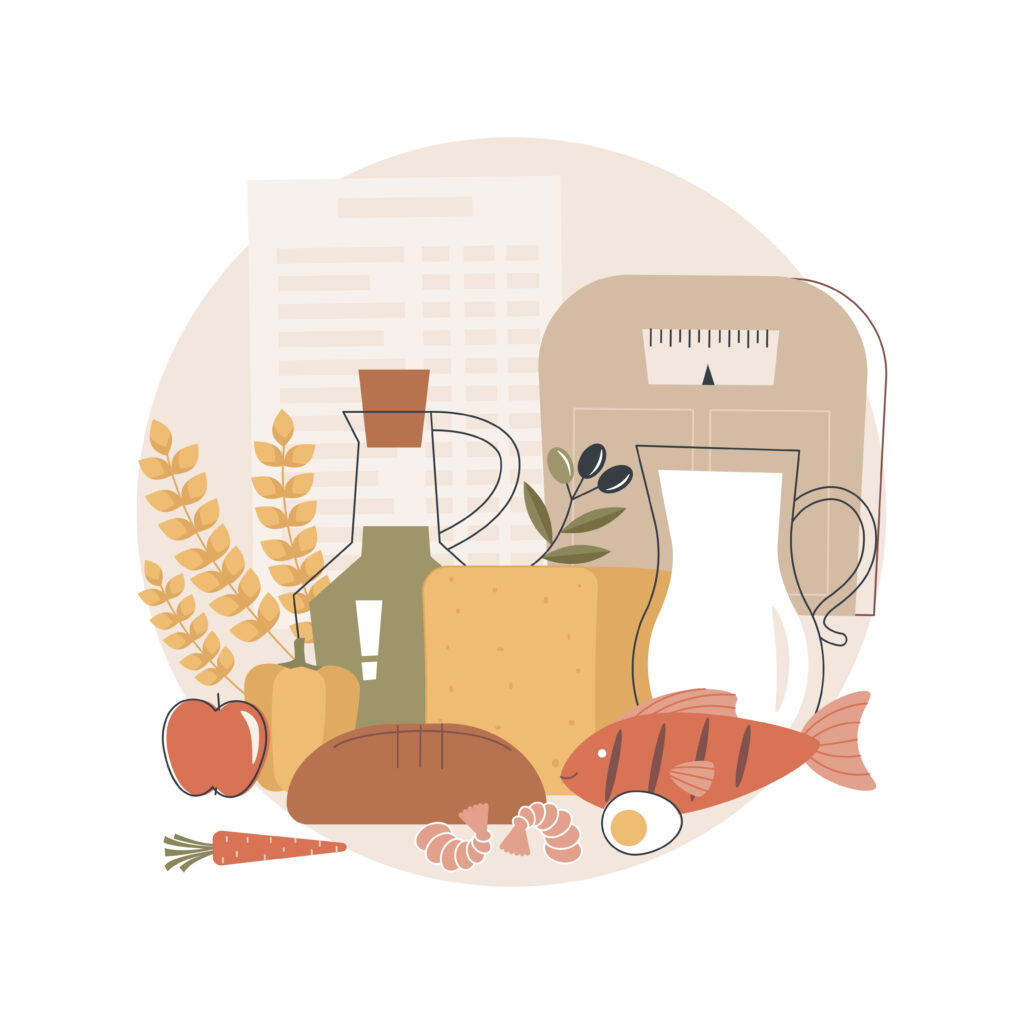Gastric sleeve surgery, also known as sleeve gastrectomy, is a life-altering procedure that helps individuals struggling with obesity achieve significant and sustainable weight loss. While the surgery itself is a crucial step in this transformation, equally important is the post-operative period and the dietary changes that follow. After gastric sleeve surgery, the stomach is reduced in size, making it essential to adopt a carefully planned and nutritious eating plan. In this comprehensive guide, we explore what to eat after gastric sleeve surgery, emphasizing the importance of nutrition and a balanced diet in your journey to better health.
Immediate Gastric Sleeve Post-Surgery Diet
In the days immediately following gastric sleeve surgery, you’ll be on a strict and gradual progression from clear liquids to more solid foods. The typical post-surgery dietary stages include:
| Diet Stage | Foods to Include | Explanation |
|---|---|---|
| Clear Liquids | Water, broth, sugar-free beverages | Maintain hydration and support early recovery. |
| Full Liquids | Protein shakes, strained soups | Begin introducing nutrients while ensuring easy digestion. |
| Pureed Foods | Yogurt, baby food | Soft, easily digestible options to aid in healing. |
| Soft Foods | Mashed potatoes, finely ground meats | Gradually transition to more solid foods. |
| Regular Diet | Lean protein, fruits, vegetables, whole grains, healthy fats, low-fat dairy | Establishing a balanced and sustainable diet. |
Nutrition Guidelines
It’s important to remember that after gastric sleeve surgery, your stomach is smaller. This means you need to eat smaller meals and snacks throughout the day, focusing on protein-rich foods for maximum nutrition. Eating too much at once can cause pain or discomfort as well as nausea and vomiting.
| Guideline | Key Recommendations |
|---|---|
| Protein Priority | Prioritize lean protein sources to support muscle preservation and healing. |
| Hydration | Stay well-hydrated by sipping water throughout the day, but avoid drinking with meals. |
| Balanced Diet | Strive for variety and balance in your diet, incorporating lean protein, fruits, vegetables, whole grains, and healthy fats. |
| Vitamins and Minerals | Discuss potential supplements, as surgery may impact absorption of certain nutrients. |
| Portion Control | Listen to your body’s signals of fullness to avoid overeating. |
Foods to Include After Gastric Sleeve Surgery
In addition to focusing on nutrient-rich, high-protein foods, it can also be beneficial to diversify your diet after gastric sleeve surgery. This means making sure you’re getting a variety of vitamins and minerals from different food sources. Eating plenty of fresh fruits and vegetables is one way to accomplish this goal.
| Food Group | Foods to Include | Short Explanation |
|---|---|---|
| Protein Sources | Chicken, turkey, fish, low-fat dairy | Lean proteins support muscle maintenance and healing. |
| Fruits and Vegetables | Soft or cooked fruits and vegetables | Easier digestion while providing essential nutrients. |
| Whole Grains | Brown rice, quinoa, whole wheat bread | Moderation is key for whole grains in your diet. |
| Healthy Fats | Olive oil, avocado, nuts | Use in small quantities for healthy fat intake. |
| Low-Fat Dairy | Low-fat or fat-free dairy products | Good sources of calcium and protein in your diet. |
Foods to Avoid After Gastric Sleeve Surgery
Foods to Avoid After Gastric Sleeve Surgery
In addition to focusing on nutrient-rich, high-protein foods, there are also certain foods that should be avoided after gastric sleeve surgery. Eating foods with very high-fat content and processed sugars can make it difficult for your body to digest and can cause discomfort or pain.
| Foods to Avoid | Explanation |
|---|---|
| Sugary and High-Calorie Foods | Minimize or avoid sugary and high-calorie foods as they contribute to weight gain. |
| Tough Meats | Avoid tough, dry meats that can be challenging to digest in the early post-surgery stages. |
| Processed Foods | Limit processed and fast foods, as they are often high in calories and low in nutrients. |
| Alcohol and Caffeine | Consume alcohol and caffeine in moderation or as tolerated, as they can irritate the stomach lining. |
Lifelong Changes
It’s essential to recognize that the dietary changes following gastric sleeve surgery are not temporary but lifelong. The surgery is a tool to support weight loss, but long-term success depends on your commitment to a balanced, nutritious diet. Regular check-ins with your healthcare team and a registered dietitian can provide ongoing guidance and support in your weight loss journey.
Conclusion
In conclusion, knowing what to eat after gastric sleeve surgery is a vital component of your success in achieving and maintaining a healthier weight. Focus on high-protein, nutrient-rich choices, hydrate effectively, and embrace lifelong changes that will improve your overall health and well-being. Always follow your healthcare team’s recommendations and seek their guidance for a personalized dietary plan tailored to your specific needs.
Please contact us for further information.


